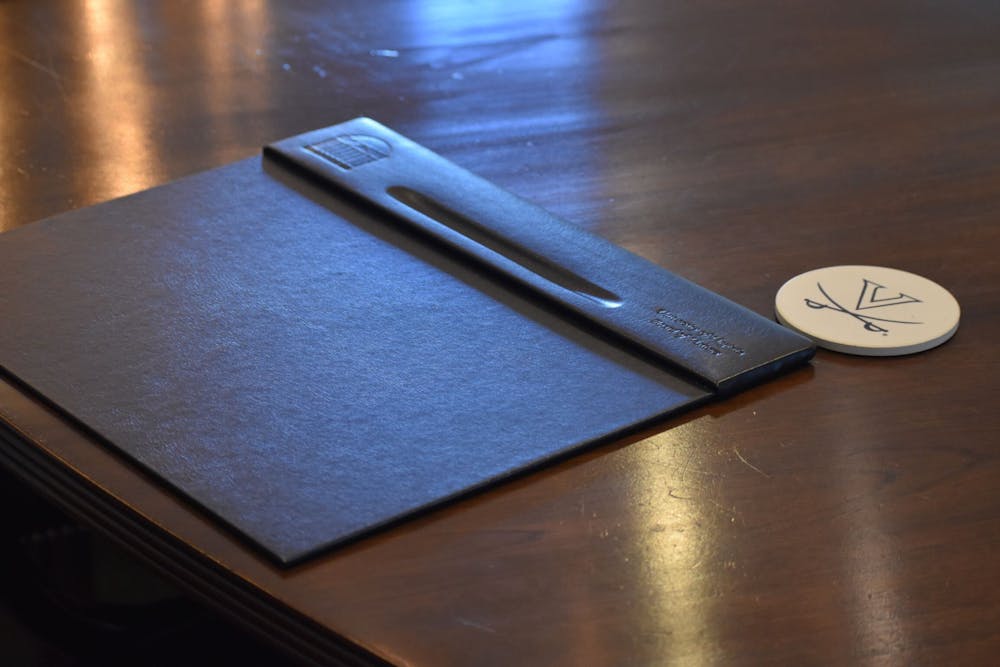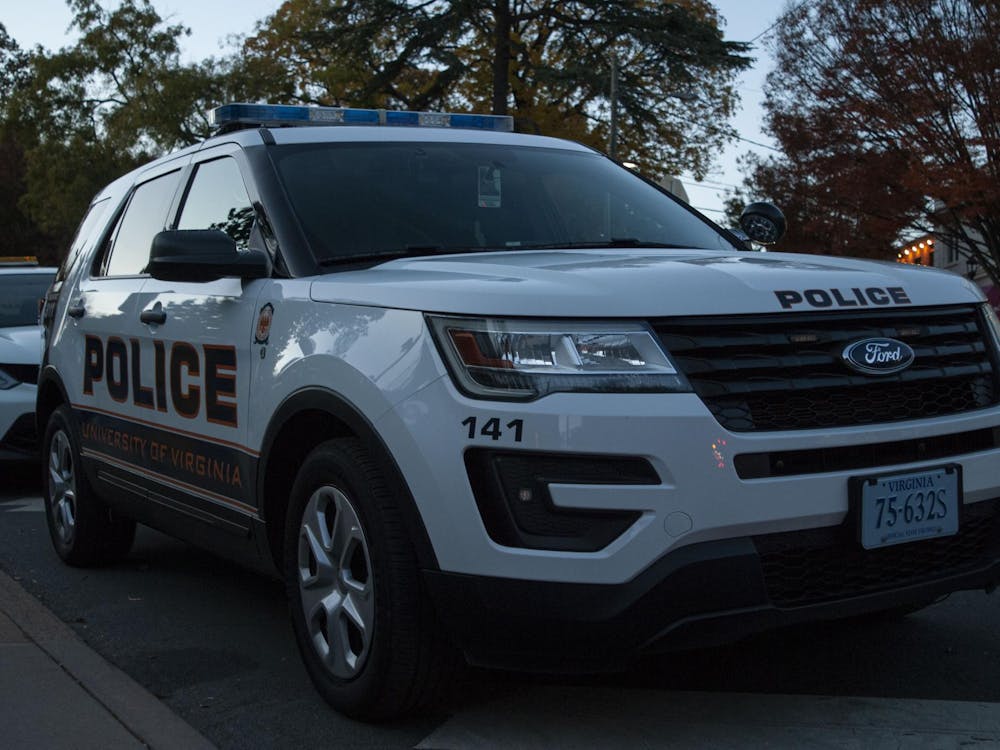The Board of Visitors Finance Committee held a public comment session on proposed tuition increases for the next two academic years Friday, including breakdowns of the University’s use and sourcing of funding. Committee members also presented on the University’s financial aid programs and the financial support the University receives from the state.
In early November, the Board first announced a proposed tuition change that would raise undergraduate tuition by between 3 and 4.4 percent. The upper limit of 4.4 percent matches the estimated 2023 inflation rate measured by the Higher Education Price Index, which approximates the average annual inflation rate for college and university tuition.
Jennifer Wagner Davis, executive vice president and chief operating officer of the University, said that the responsibility for funding higher education has effectively shifted from the Commonwealth to students and families, and that the University now receives $3,900 less per student between its sources of funding than it did 30 years prior.
“[Raising funds through tuition] more directly affects our students and families and nonetheless [is] critically important to maintaining affordability, access and excellence,” Davis said. “We are reaching an inflection point where we need to develop a path forward for sustaining excellence and preserving the tremendous value of the U.Va. degree, and tuition is a key part of that solution.”
Undergraduate tuition varies between the University’s schools, with tuition for the College of Arts and Sciences priced at $37,828 for in-state students and up to $76,720 for out-of-state students for the 2023-2024 academic year. According to U.S. News, the University had the third-highest tuition of any public university in the country as of the 2021-2022 academic year.
At minimum, a 3 percent increase would increase tuition and fees for first-year College students to a total of $38,962 for in-state students and $77,703 for out-of-state students. Tuition and fees at the University have, however, increased at rates higher than both the national and Virginia average.
Davis said that 80 percent of the funds the University receives from tuition and the state of Virginia goes to supporting its academic programs. Roughly 11 percent of the remaining funds go to classroom maintenance and operating a UNESCO World Heritage Site.
The University’s Academical Village was designated a culturally significant World Heritage Site by the United Nations Educational, Scientific and Cultural Organization in 1987. Another two percent of the money is directed towards research.
Donna Henry, chancellor of the University’s College at Wise, said that affordability is one of the most important pieces of the college’s educational experience and that increasing tuition is a last resort. Tuition at the College at Wise would increase at the same rate as the University.
“We look to other revenue sources and opportunities [to improve] spending efficiencies first,” Henry said. “We are projecting minimal increases to continue so that students can continue, and we want to provide ample notification to their families.”
In addition to tuition dollars, the University receives funding from state appropriations, grants, gifts, distributions from its endowment and more. According to Virginia Magazine, tuition and fees only account for 33.2 percent of the University’s revenue.
The Board then opened the floor for its public comment section, which required pre-registration. Third-year Batten student Nate Welz spoke at the Committee meeting, saying that the Board should aim to keep the tuition increase as close to 3 percent as possible — the lowest possible increase in the proposed range.
“We need to strike a balance between meeting the University’s financial needs and ensuring accessibility and affordability for all students,” Welz said.
Welz also said that the University’s tuition can still serve as a barrier to in-state applicants despite being a public institution, stating that the University is substantially more expensive than tuition at other public universities.
Undergraduate tuition for in-state students at William & Mary for the 2023-24 academic year is more expensive at $43,035, although its out-of-state undergraduate tuition is cheaper than that of the University at $67,653. In-state undergraduate tuition for the 2023-24 academic year at Virginia Tech ranges from $34,942 to $37,252, while out-of-state tuition ranges from $56,440 to $58,750.
The Board of Visitors will next meet Dec. 7 and 8, where the Finance Committee will consider tuition changes for both the University and the College at Wise.







